A lot of money tends to be spent on electricity bills. However, there are ways to reduce these costs.
Follow these easy tips and you will be able to save a lot of money in the long run.
Heating and cooling
First, you need to tackle the heating and cooling system in your house. This the number one cause of hefty utility bills. However, if you regulate them the right way, you can save a lot of money in the long run. Here are some useful tips.
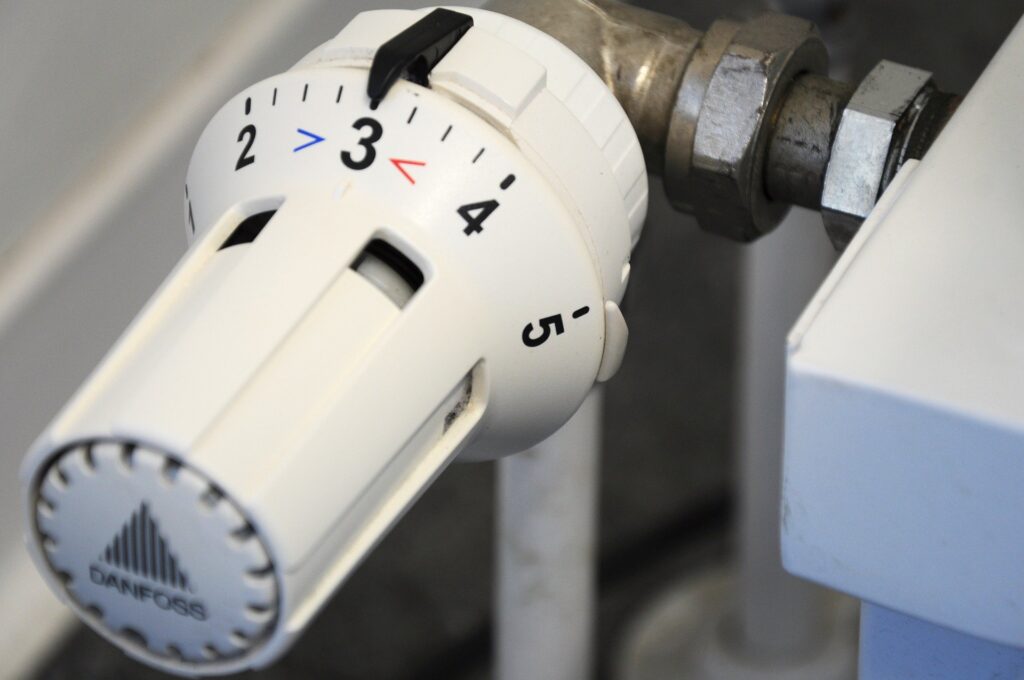
Check seals on windows, doors, and appliances
Consider checking your window seals, doors, and appliances in your home. Your fridge and freezer need to be well sealed in order to keep all the cold air inside, where it belongs. The same applies to your windows and doors.
Bad seals often lead to energy getting seeped out and that is what mostly drains your wallet.
Insulate your home properly
Speaking of windows, you need to insulate your house properly. There are many ways you can do that but one of the most effective ways to do so is by installing new windows. It might cost you now, but if you hire professionals such as Prestige Plus to do this job for you, you will have brand new windows that will last you for many years.
As a result, you will end up saving a lot of money since you won’t have to worry about other money and time-consuming ways to insulate your house for specific weather conditions.

Fix leaky ductwork
Then, you need to repair any leaky heating or ventilation you may have.
This will significantly improve the overall efficiency of your heating and cooling system.
Give your thermostat a nudge
Check your thermostat every once in a while. Make sure you set it back at least 10 degrees while you are sleeping or away from home.
If you do this for 8 hours, you will lower your annual heating and cooling costs by at least 10%. You can also choose to purchase a programmable thermostat that will do the work for you.
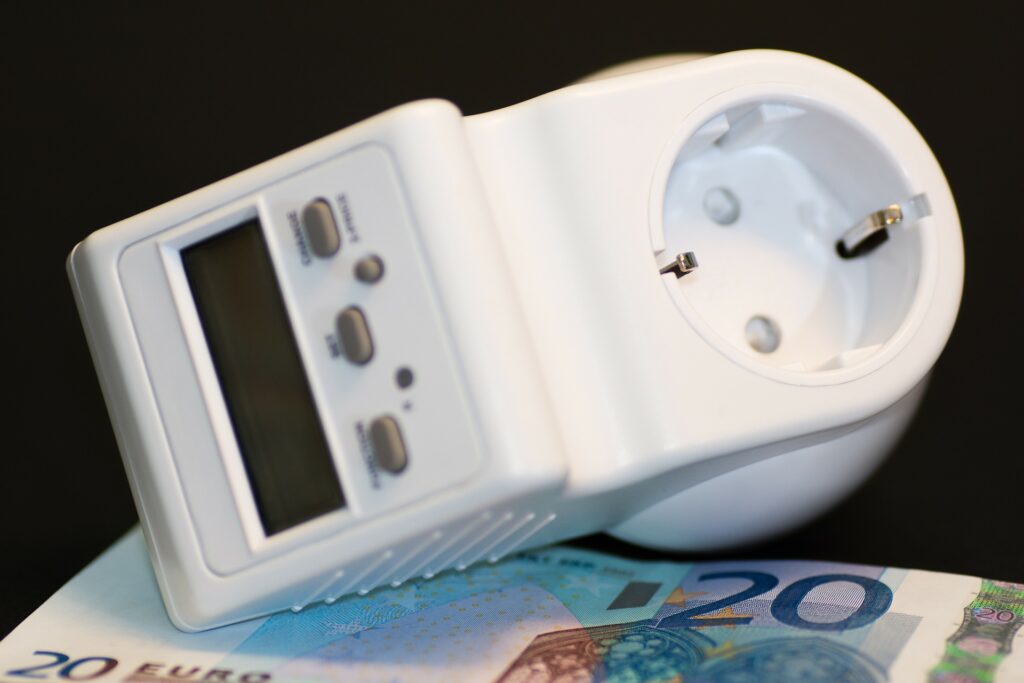
Adjust your fridge and freezer temperature
Lastly, consider adjusting your fridge and freezer temperature. It’s recommended that you set the fridge to 38 degrees and your freezer to about 5 degrees. These temperatures will keep your food fresh as well as keep some extra money in your pocket.
Water
Hot water is the next huge expense in powering most of the homes. That is why it’s very important that you cut back on your hot water usage as much as you can. Try to use less hot water in the shower, laundry, and dishwasher. This can make a huge difference for your wallet.
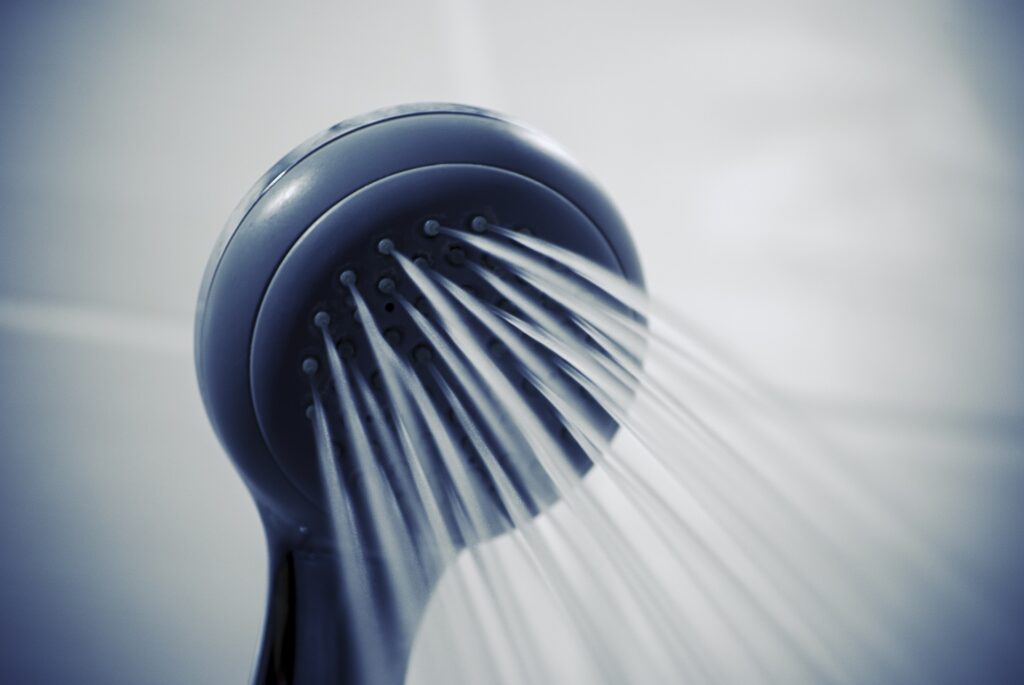
Take shorter showers
Try to take shorter showers. For instance, if you trim two minutes off your showering time, you will cut your water usage by 10 gallons.
Replace your showerhead
You can also switch your regular showerhead with an efficient one that reduces the water usage up to 2,700 gallons per year. Try looking for the one that has the Water Sense label. Those are certified to meet efficiency criteria that were set by the Environmental Protection Agency.
Don’t wash clothes in hot water
Try switching to using either warm or cold water when you do your laundry instead of using hot water. It will save you a lot of money.
Fix leaky faucets
Also, get your leaky faucets fixed. They can waste gallons of water.
Adjust the temperature on your water heater
The default temperature on water heaters is usually around 140 degrees. By lowering it just a little bit, even just to 120 degrees you can reduce your water heating costs up to 10%.
Also, if you happen to be leaving town for a few days, turn your water heater to the lowest setting. This will conserve energy usage.
Purchase energy-efficient appliances
Make it a goal to start purchasing more energy-efficient appliances. If you are purchasing a new washer, water heater, or dishwasher, try to find an energy-efficient model that will yield long-term savings.
Look for dishwashers with the Energy Star label. They are required to use 5.8 gallons of water while the old models use about 10 gallons or even more. Make it a priority to only purchase the appliances that run most often like the fridge, water heater, television, and dryer.

Ask about discounted rates
Get informed about discounted rates. Some utility providers tend to offer cheaper rates at certain times of the day. Aim to do laundry and use other energy-intensive chores at those times.
Power and lighting
Lastly, you lose a lot of money on energy usage such as leaving the lights and electronics you don’t use on all the time.
Swap out your light bulbs You can save up to $75 a year simply by switching your light bulbs. Try to get compact fluorescent or LED bulbs that have the Energy Star label.
Article by Ron Wolf
Ron is a member of the Alejandra’s Life Family Team of Writers.

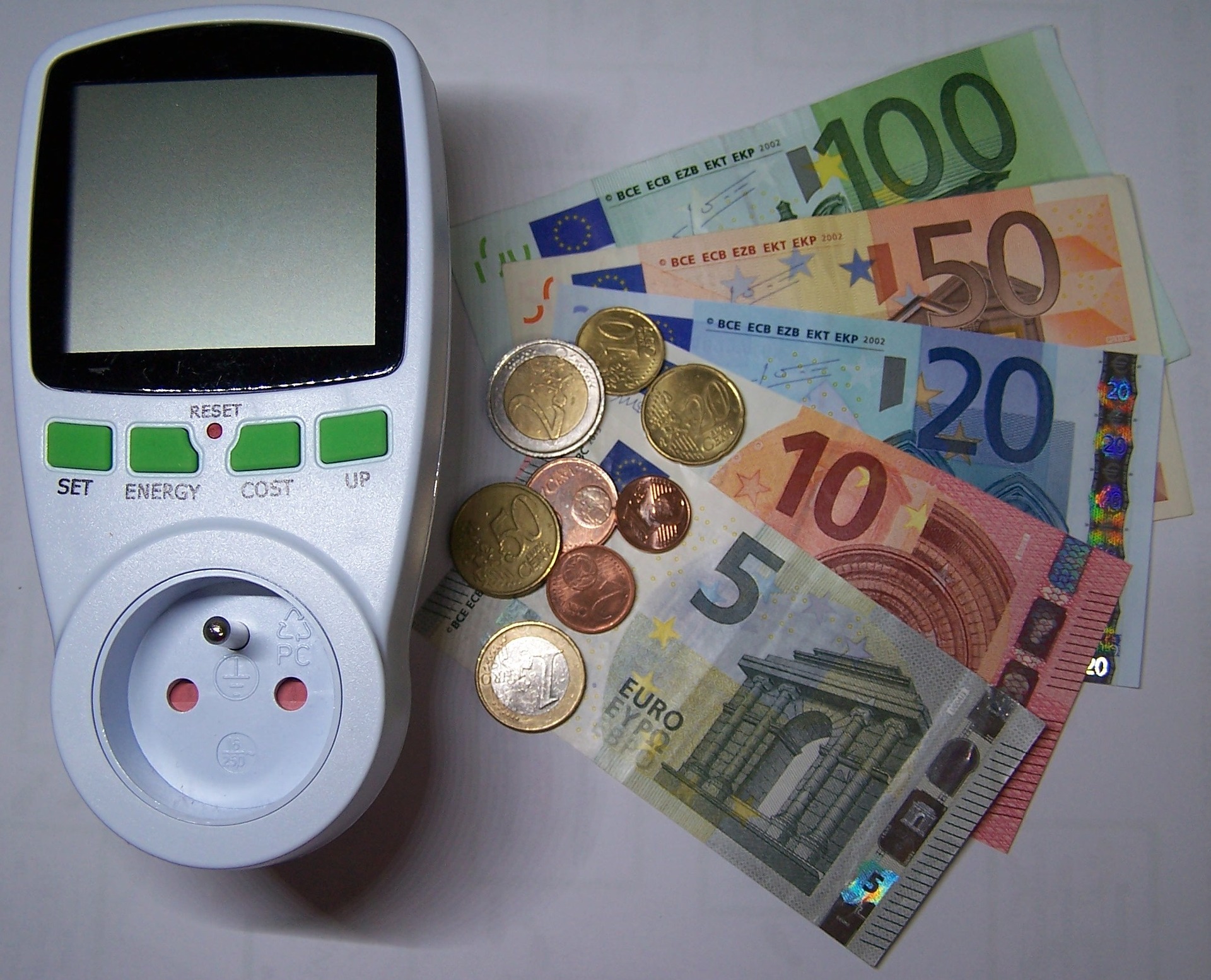


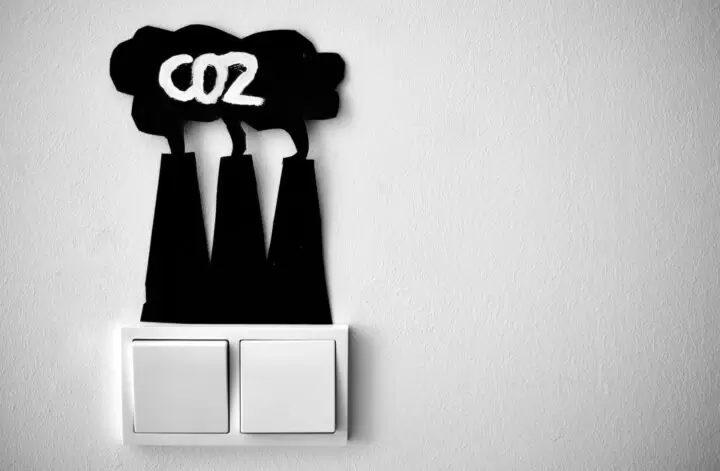
 Em Português
Em Português En Español
En Español